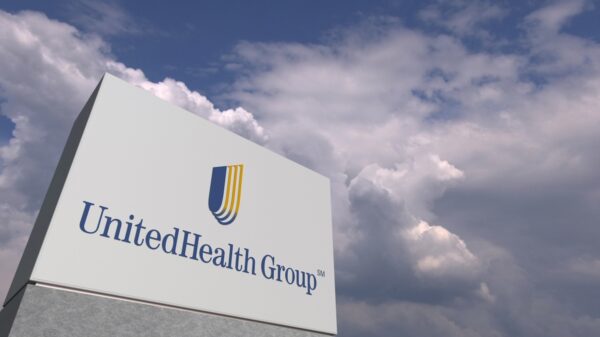Point32Health, the second-largest health insurer in Massachusetts, is in the process of informing more than 2.5 million individuals that their personal and protected health information was stolen in a recent ransomware attack.
Identified on April 17 and initially disclosed on April 20, the attack impacted systems related to Point32Health’s Harvard Pilgrim Health Care, and resulted in the exfiltration of data pertaining to both current and former health plan subscribers and dependents.
Between March 28 and April 17, Harvard Pilgrim says, the attackers exfiltrated files containing names, addresses, phone numbers, birth dates, Social Security numbers, health insurance account information, taxpayer identification numbers, and clinical information, including medical history, diagnoses, and treatment details.
The ransomware attack, the company says, impacted systems supporting its Harvard Pilgrim Health Care Commercial and Medicare Advantage Stride plans (HMO/HMO-POS), which have yet to be fully restored.
“We are continuing our active investigation and conducting extensive system reviews and analysis before we can resume our normal business operations,” the company writes in an incident notice on its website.
The company informed the US Department of Health and Human Services that the information of more than 2.55 million individuals was compromised in the ransomware attack.
According to Harvard Pilgrim, the incident impacts former and current customers back to March 28, 2012, as well as currently contracted providers. Current and former members of Health Plans Inc. between June 2020 and present may also be affected.
“Harvard Pilgrim is still investigating this incident and will provide updates if the investigation determines additional individuals may potentially be impacted,” the company says.
Harvard Pilgrim says it is not aware of the stolen information being misused. However, it is not uncommon for cybercriminals to trade or share stolen data on underground forums, or use such data in phishing and other types of attacks.
The company says that, while the investigation into the attack continues, it aims to start sending written notification letters to the impacted individuals by June 15.
SecurityWeek is not aware of any ransomware gang claiming responsibility for this attack.
Related: Enzo Biochem Ransomware Attack Exposes Information of 2.5M Individuals
Related: Personal Information of 9 Million Individuals Stolen in MCNA Ransomware Attack
Related: Industrial Giant ABB Confirms Ransomware Attack, Data Theft
